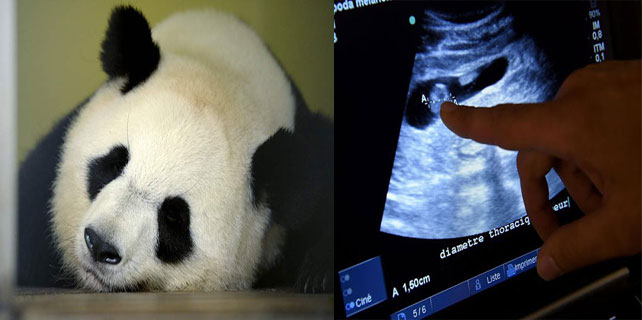Foreign investors turn bullish on A-share market
 |
|
An investor watches an electronic board showing stock information at a brokerage office in Fuyang city, Anhui province, Aug 2, 2017.[Photo/VCG] |
Overseas institutional investors are adjusting their investment position and accelerating buying of China's A shares, Securities Daily reported Wednesday.
As of Aug 2, a total of 17 listed companies' top 10 circulating shareholders saw the name of Qualified Foreign Institutional Investors (QFII) investors, the newspaper said quoting data from market intelligence provider Tonghuashun. The total number of shares hold by QFII investors reached 337 million, with market value of 20.53 billion yuan.
The enthusiasm of foreign investors grew as strong renminibi drive up the cost of domestic funds, Fu Lichun, research director of Northeast Securities told the newspaper.
According to the State Administration of Foreign Exchange, as of July 31, a total of 284 overseas institutions have received quotas amounting to $93.27 billion under the Qualified Foreign Institutional Investors (QFII) program, up 500 million from a month earlier.
The quota in the RMB Qualified Foreign Institutional Investors (RQFII) program came in at 548.24 billion yuan, up 5.14 billion yuan from 543.1 billion yuan at the end of June.
As the QFII quota continued a stable rise, signs that foreign investors are entering the A-share market are becoming more obvious, Fu said.
On the one hand, accelerating foreign capital inflow provides additional incremental fund, and on the other hand, foreign investors' investment method could play a demonstration role for domestic investors, helping improve the globalization of the A share market.
Recently, some foreign investment banks, including Morgan Stanley and Goldman Sachs, have turned more bullish on Chinese stocks.
Morgan Stanley predicted in February that A shares will jump 42 percent in 2017, more than double the 20 percent growth for Hang Seng China Enterprises Index, the top-performing Asian equity measure so far this year.
In March, Goldman Sachs also released a report and changed A shares from "nice to have" to "have to have" for global investors.
Goldman Sachs said China's A-share market has shown low return correlations with global equity markets and does not look expensive relative to other key markets globally in terms of price/earnings to growth.
Fu said these indicated foreign capital has confidence in China's economy and financial market.
Also, northbound funds under the Shanghai-Hong Kong Stock Connect flowing into the A shares, and the inclusion of 222 Chinese shares in the MSCI, to some extent, will support the A-share market, Fu added.
















